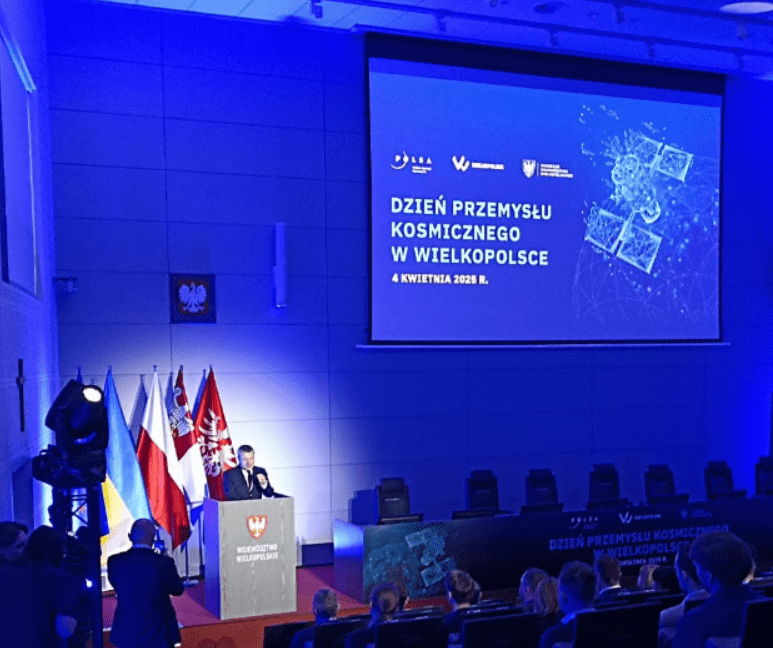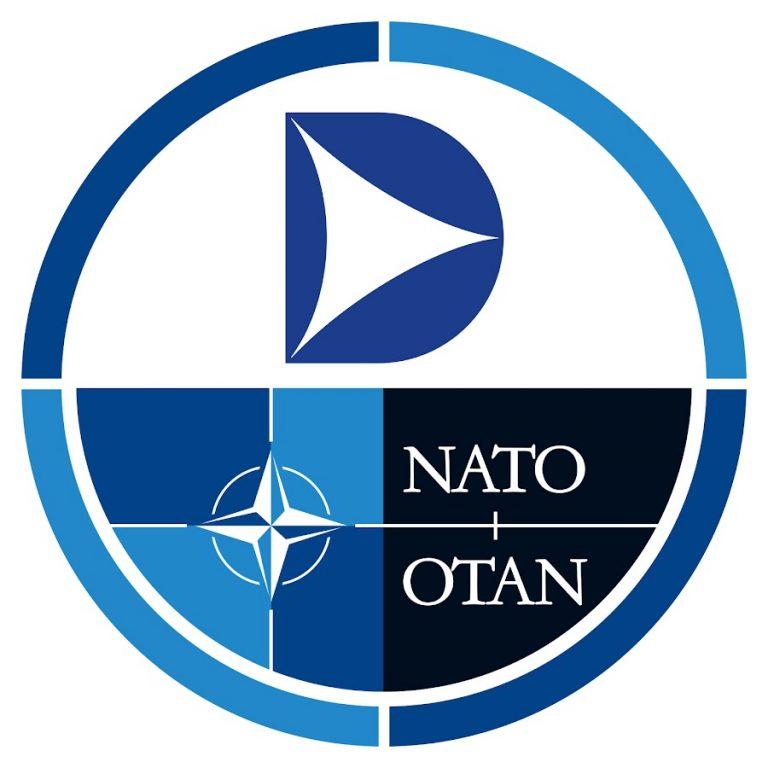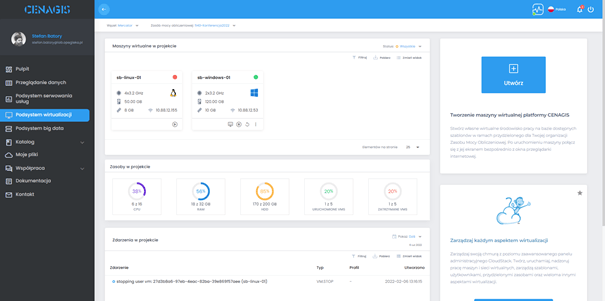On April 4, 2025, during the Space Industry Day in Poznań, the official launch of ESA Phi-Lab Poland took place. ESA Phi-Lab Poland is a joint initiative between Poland and the European Space Agency (ESA), aimed at shaping the future of space innovation.
The mission of Phi-Lab Poland is to strengthen both the local and European space industries as well as research sectors focused on space and Earth-related applications.
Phi-Lab Poland will focus on two key thematic areas:
- Autonomous robotics and systems for space exploration and terrestrial applications
- Geospatial analysis and satellite computing
Following a competitive selection process, the Phi-Lab Poland operator was chosen to be a consortium composed of Poznan University of Technology (Coordinator) and Warsaw University of Technology (Partner).
The main goals of the ESA Phi-Lab Poland initiative include collaboration with economic operators by supporting research projects and providing access to research infrastructure. A crucial aspect is assembling a team of experts with diverse competencies in space robotics, artificial intelligence, and Earth observation to accelerate the technological maturity of innovations emerging from the Polish space sector.
The Warsaw University of Technology (WUT) plays a dual role in this initiative. Firstly, it provides research, infrastructure, and expertise for projects under the theme of geospatial analysis and satellite computing. These efforts will be supported by the infrastructure of the Center for Geospatial and Satellite Analysis (CENAGIS). The support will particularly focus on methods and tools related to positioning and motion analysis of vehicles, drones, and robots, as well as advanced processing of geospatial data collected by their sensors—especially in the context of navigation systems, including autonomous navigation.
Secondly, the Innovation Center of the Warsaw University of Technology will collaborate with all project teams supported by Phi-Lab Poland to aid in the commercialization of the technologies being developed.
The project will be implemented over the years 2025–2031.



